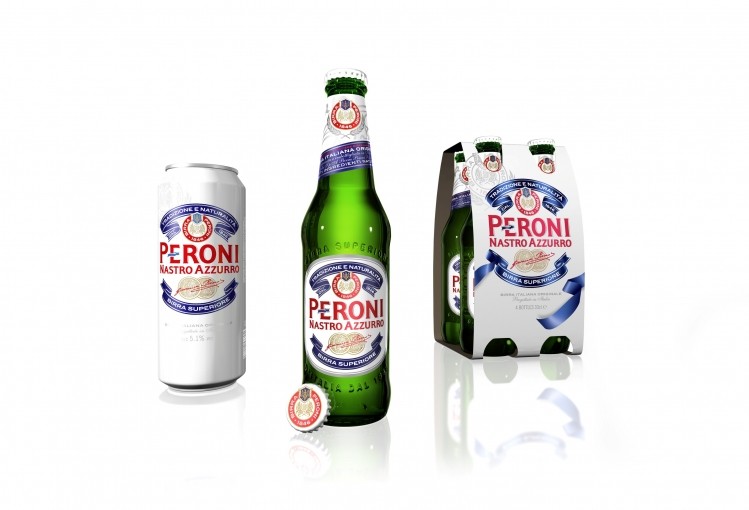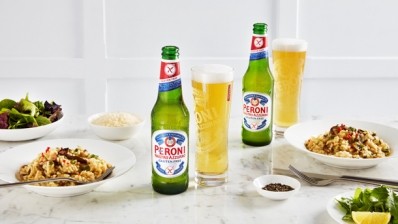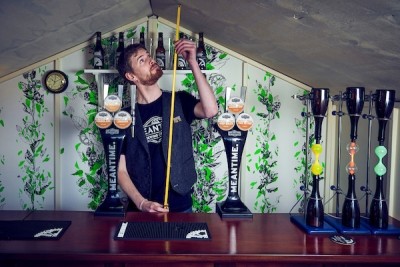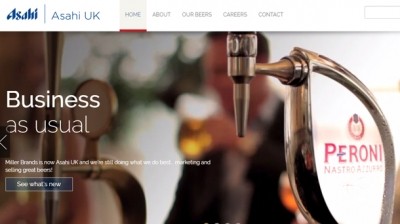Beer
Meantime, Peroni and Grolsch sold to Asahi

The terms of the buyout were not disclosed, however, Asahi had previously offered £1.8bn for the brands.
Meantime was purchased by SABMiller in May 2015 before the proposed merger with AB InBev last November - but was quickly subject to disposal rumours, alongside other brands, in order for the combining of the two mega-brewers to meet competition laws.
Asahi announced last night (19 April) it had executed the purchase of shares to acquire the Peroni, Grolsch and Meantime brands, after revealing in February it had submitted a final binding offer.
Asahi takeover
In a statement, the company said: "Asahi Group Holdings Limited is pleased to announce that it has reached an agreement with Anheuser-Busch InBev (AB InBev) to acquire the Peroni, Grolsch, Meantime and related businesses (excluding certain US rights) of SABMiller, subject to the completion of AB InBev's acquisition of SABMiller."
The buyout will be completed on conclusion of AB InBev's acquisition of SABMiller, which is expected to be finalised in the second half of this year.
Kevin Baker, senior consultant at analysts Canadean, explained the brands Asahi had bought would fit better within its company than within AB InBev.
"Although Peroni was an exceptionally successful brand, it would have struggled to find a position within the AB InBev portfolio, which already includes Stella Artois."
Good fit
He added: "In many ways, this is a good fit for Asahi, which is used to dealing with premium brands in the European market."
Yet, the challenge now would be to maintain and grow distribution of the premium brands without the backing of SABMiller's international network, Baker warned.
"However, much of Peroni's success has been in western European markets where SABMiller did not have operations on the ground, so the brand shouldn't suffer as a result."
AB InBev sold the brands to address any potential regulatory issues that could occur following its purchase of SABMiller, which was the largest takeover of a UK-based firm and the fourth largest in corporate history.







